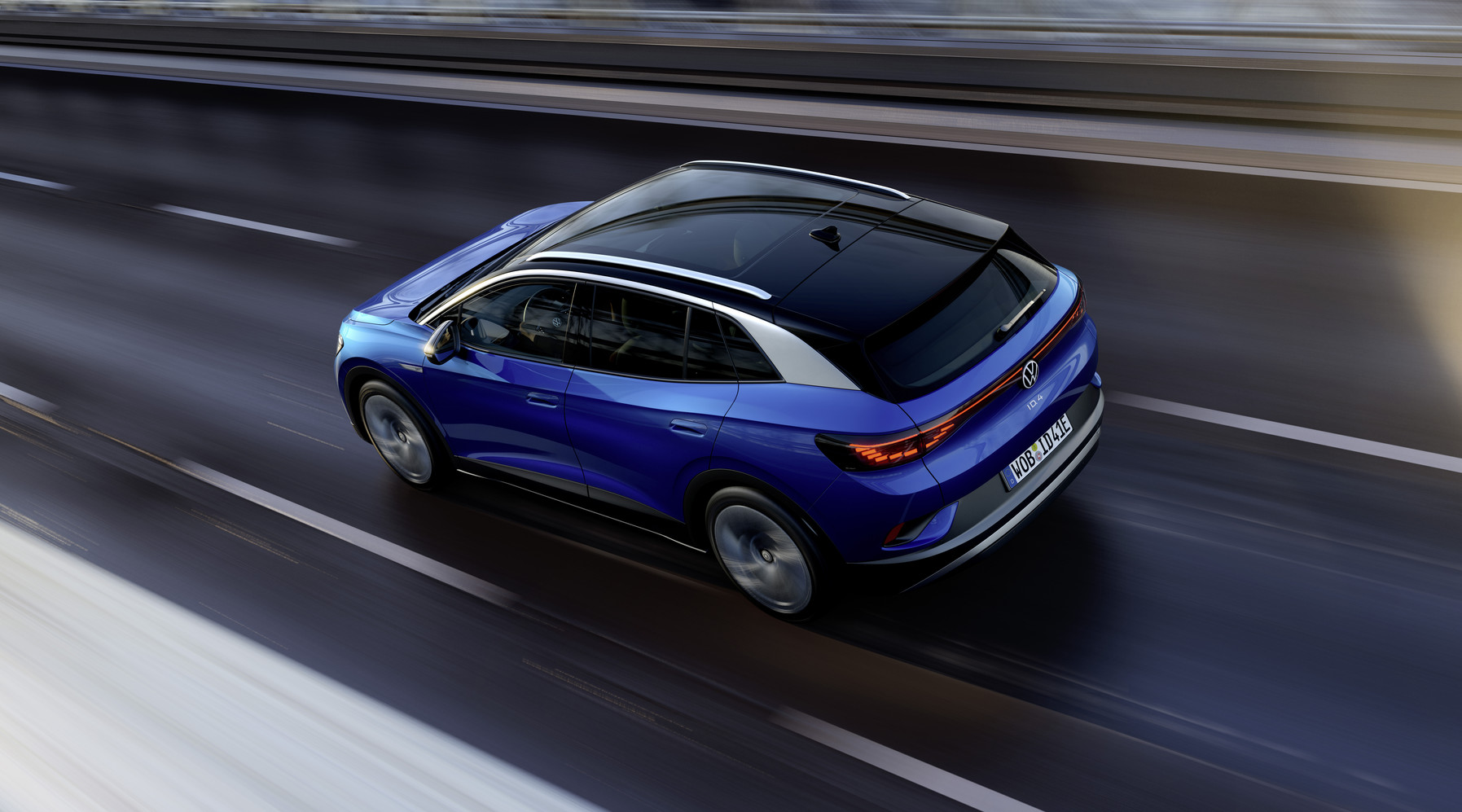In Europe countries of Germany, UK, France, Netherlands, Norway, Sweden, Italy, and Spain are in total accounted for a market of USD 81 Billion in the year 2021. The market is expected to grow at a CAGR of more than 13% between 2022 and 2027.
The top three countries in the region are Germany, the UK, and Norway, which together account for a market share of approximately 45% in terms of value and volume over the period. Volkswagen Group and Renault are investing strongly in electric vehicles. The Volkswagen Group plans to invest approximately USD 72 Billion in its development, including areas of hybridization, electric mobility, and digitalization, between 2021 and 2027.
A French company will invest 128.5 Million euros for a 50% stake in a venture with Jiangling Motors Corp to develop electric vehicles in China, part of a push by a French company to make further inroads into the world market.
The governments support the wide deployment of electric vehicles in the region by extending the grant scheme with a substantial grant for boosting the adoption of ultra-low emission vehicles. In March 2014, Norway became the first country in the world where one in every 100 passenger cars was an electric plug-in.
In addition, in 2019, almost 60% of the cars sold were electric-powered. Customer demand for electric cars has been constrained by concerns about the limited operating range of these vehicles. In Germany, electric cars made up only 1.8% of new passenger car registrations last year, with diesel and petrol cars accounting for 32% and 59.2%, respectively.
As more businesses in the region adopt electric vans and commercial vehicles, major manufacturers are working hard to keep up with demand, rolling out an impressive selection of dedicated commercial electric vans. Some countries in the region charge higher road tolls for diesel cars than for petrol-driven vehicles.
The major contributing segment of PHEV is expected to grow at a CAGR of 8% through the forecast period. The market scenario is expected to change by the forecasted period, with the BEV segment ruling the market with a market value of over USD 80 Billion. Europe represents the largest share of around 0.6 Million of the charging points, corresponding to a connectivity penetration rate of 46%. There are 271337 public EV charging points in Europe.
To guarantee a seamless charging infrastructure in the region, the geographic distribution of charging stations certainly needs to catch up. In 2019, super fast charging points accounted for less than 10% of the total market. The resulting lack of fast charging stations makes consumers concerned about the lack of charging options, thus forestalling the development of a functioning market.
Several companies are focusing on the development of innovative solutions for electric mobility and charging infrastructure. In 2020, Groupe Renault (U.K.) launched its INCIT-EV project, specifically for electro-mobility. The company offered innovative wireless charging solutions for EVs across Europe under this 48-month initiative. The project will focus on low-power bidirectional charging and static wireless charging in taxi lanes located at airports and central stations in Zaragoza, Spain.
Government supportive incentives in the form of tax reductions and grants for residential and commercial infrastructure encourage the adoption of electric mobility. For instance, in the Netherlands and Greece, the government offers incentives for purchasing and installing residential charging stations. It provides a deduction of up to 36% and a tax return of up to 75% on costs associated with purchasing and installing charging stations.
The Finnish government announced an investment of approximately USD 6.57 Million to expand charging infrastructure in 2020 and 2021. These developments are expected to support the growth of EVs in Europe in the coming years.
Renault’s Zoe and Tesla’s Model 3 are among Europe’s best-selling electric vehicle models, both in terms of vehicles in operation and new car registrations. In the latter category, Volkswagen’s new ID.3 model climbed through the ranks and topped the charts in December.

